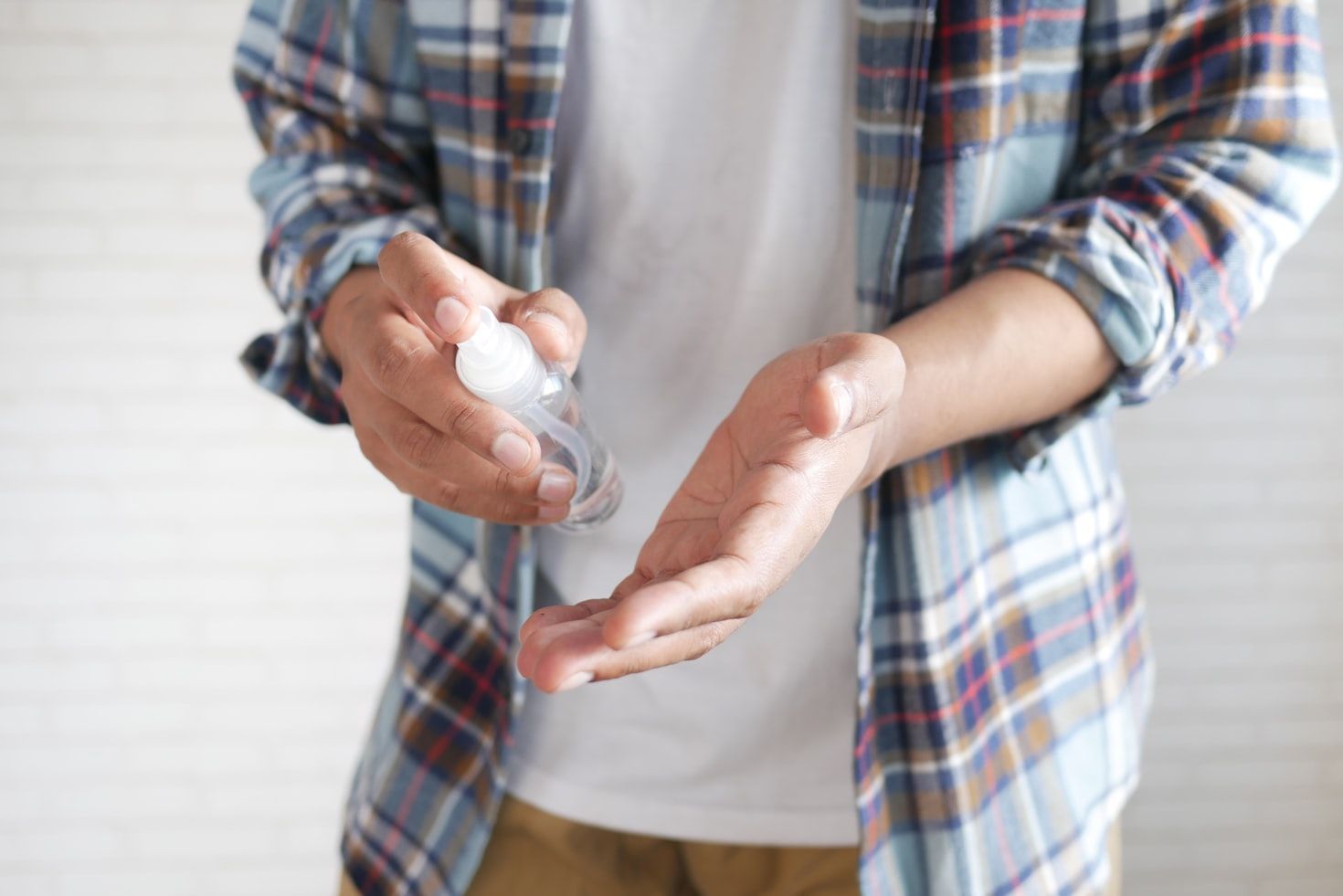Daily routine
The 10 worst health habits! (And how to kick them for good)
Published on May 18, 2025
 Credit: Steve Johnson
Credit: Steve Johnson
The accelerated pace of life can make us overlook our health a little by carrying out some habits that may seem harmless but are actually not good for our health. If you want to improve your routines, keep reading! Today, we identify 10 bad health habits you might not even realize you're doing!
Not changing your kitchen sponge
 Credit: Pille R. Priske
Credit: Pille R. Priske
Maybe you're one of those who change the kitchen sponge when it looks like it's been through a boxing match. We don't judge; we've all done it! However, experts recommend changing the sponge regularly because food debris can grow harmful bacteria.
How often should you change it? Every 2 weeks! You can also sanitize your sponge by microwaving it for 2 minutes or soaking it in bleach.
Sleeping with your hair tied up
 Credit: Vladislav Muslakov
Credit: Vladislav Muslakov
If you have long hair or live with someone who does, this tip can save the day (or rather, the night). Did you know that sleeping with your hair tied up too tightly can actually damage its health?
If you sleep that way regularly, the tension could contribute to hair breakage, thinning, or hair loss. In addition, that habit can also lead to scalp problems or even headaches. It's generally recommended to tie your hair softly with soft scrunchies or silk ties to minimize friction and tension.
Eating lunch at your desk
 Credit: Luca Bravo
Credit: Luca Bravo
It's not that we have anything against desks, but many people simply don't take the time to pause from work and eat as health professionals recommend.
Eating while working or using the computer can distract you from how you eat, leading to inadequate chewing and poor digestion as a consequence.
Not finishing a course of antibiotics
 Credit: Roberto Sorin
Credit: Roberto Sorin
Sometimes, we may stop taking the antibiotics prescribed by our doctor once we start feeling better. While this could be due to simple forgetfulness, it can lead to serious health consequences. Most importantly, if you don't complete the treatment as indicated by your doctor, your body may develop resistance to the antibiotics, making future infections harder to treat.
Nighttime screen time
 Credit: Olena Kamenetska
Credit: Olena Kamenetska
We know that, in today's world, it's hard to stay away from screens, whether it's a cell phone, computer, or TV. However, health experts have warned that nighttime screen time can be a bad habit for your health for several reasons.
First, the blue light emitted by many screens interrupts your sleep cycle, making it harder to fall asleep and stay asleep. As a consequence, you may end up sleeping later and not getting enough rest. On the other hand, it can affect your eyesight, drying out your eyes or irritating them.
Sitting still
 Credit: Annie Spratt
Credit: Annie Spratt
Today's jobs often cause many people to spend 8 hours (or more) sitting at their desks. But it turns out that this habit isn't good at all: sitting still for long periods can slow down your metabolism, worsen your posture and back pain, or weaken your muscles.
While we know work is important, so is your health! It's recommended to take breaks, stand up, stretch, walk (even if it's indoors or in the garden), and add at least 20 minutes of physical activity each day.
Not changing your pillowcase
 Credit: Madi Doell
Credit: Madi Doell
Not changing your pillowcase regularly can lead to health problems, and while this may seem obvious, the list of consequences is actually longer than you might think.
A pillowcase that has been in use for more than a week has collected germs and bacteria from your hair and skin. This habit can lead to allergic reactions, skin irritations, or even, in the worst case, respiratory issues. In fact, some experts recommend washing your whole pillow every 3 to 6 months as well.
Leaving wet clothes on for too long
 Credit: Todd Diemer
Credit: Todd Diemer
Leaving wet clothes on for too long is not only incredibly uncomfortable but also bad for your health. So now you know, if you get caught in the rain or sweat too much in that gym class, it's best to change into dry clothes as soon as possible.
Wet clothes can create a moist environment that can irritate your skin or lead to fungal infections. Bacteria and fungi love moisture! And if it's cold outside, staying in wet clothes can make you more vulnerable to catching a cold.
Overusing antibacterial products
 Credit: Towfiqu barbhuiya
Credit: Towfiqu barbhuiya
Although many antibacterial products are highly effective, using them too frequently or excessively can actually have the opposite effect of what's intended.
The skin on your body has beneficial bacteria that protect it against harmful germs. Over-disinfecting your environment or skin can disrupt the balance of your natural protection, weakening your immunity.
Keeping your shoes on indoors
 Credit: Mitchel Lensink
Credit: Mitchel Lensink
In many Asian countries, taking off your shoes before entering a house isn't just a sign of respect; it's also an important practice for maintaining better health.
By keeping your shoes on indoors, you can bring viruses and bacteria from the streets into your home, spreading them across the floor, carpets, surfaces, and even the air.










